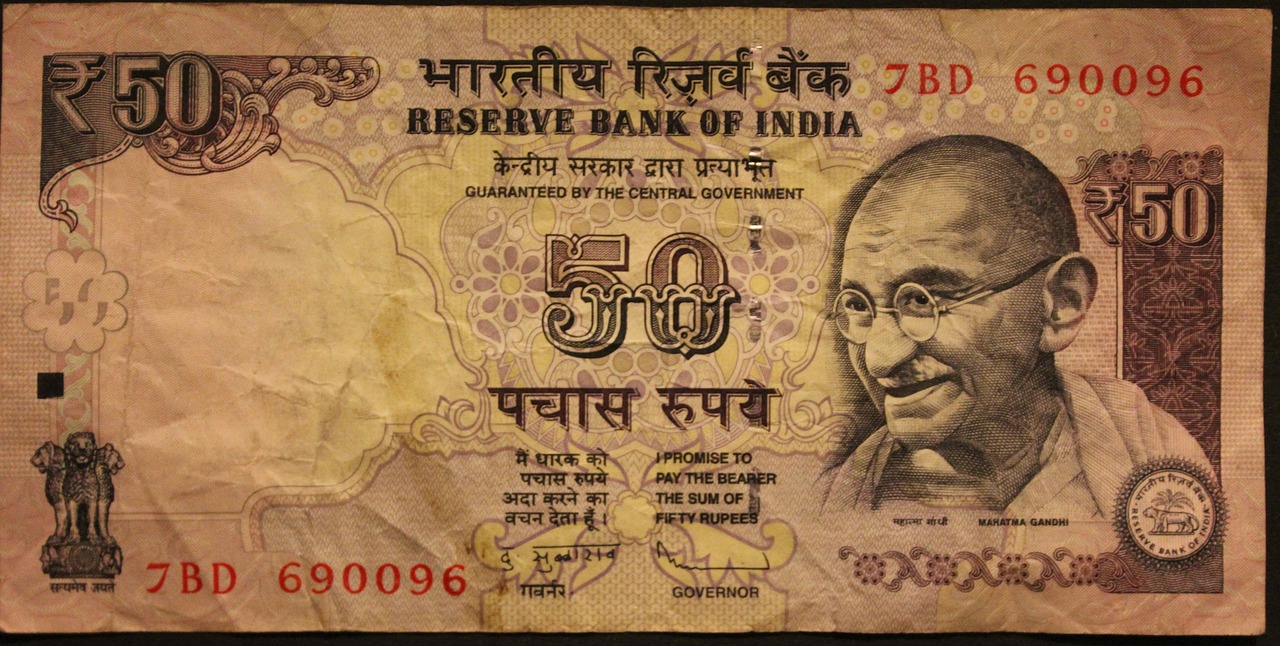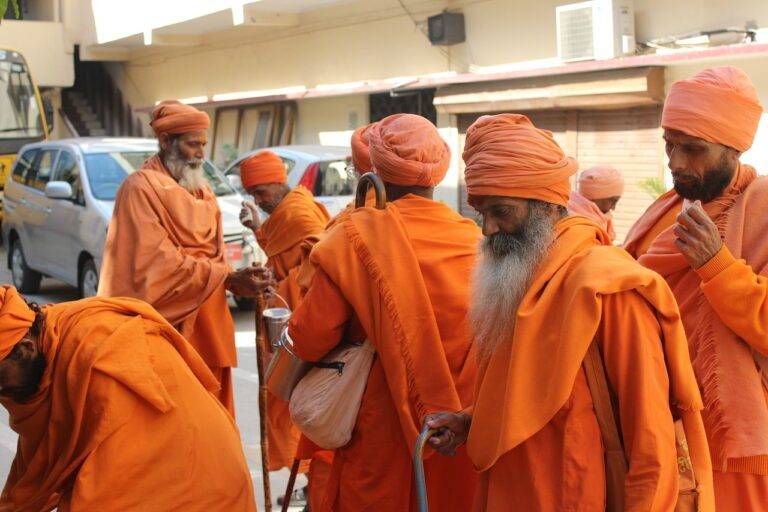Addressing Disinformation and Misinformation in Election Campaigns: World 777 online id, 11xplay reddy login, Betbook 247.com
world 777 online id, 11xplay reddy login, betbook 247.com: Addressing Disinformation and Misinformation in Election Campaigns
As election season approaches, it’s essential to address the issue of disinformation and misinformation in election campaigns. In recent years, we have seen how fake news and misleading information can influence public opinion and impact election outcomes. It’s crucial to take steps to combat this problem and ensure that voters have access to accurate and reliable information.
The spread of disinformation and misinformation during election campaigns is a significant concern for democracies worldwide. It can undermine the integrity of the electoral process and erode trust in institutions. In this blog post, we will explore some strategies for addressing this issue and promoting transparency in election campaigns.
Fact-Checking: One of the most effective ways to combat disinformation is through fact-checking. Fact-checking organizations play a crucial role in verifying the accuracy of information shared during election campaigns. By debunking false claims and exposing misinformation, fact-checkers help to ensure that voters are informed with accurate information.
Transparency in Political Advertising: Political advertising is a powerful tool used during election campaigns to sway public opinion. However, it’s essential to ensure that political ads are transparent and truthful. Implementing regulations that require political ads to disclose their sources and fact-check their content can help prevent the spread of misinformation.
Public Awareness Campaigns: Educating the public about the dangers of disinformation and misinformation is key to combating this issue. Public awareness campaigns can help voters recognize fake news and misleading information and empower them to critically evaluate the information they encounter.
Collaboration with Social Media Platforms: Social media platforms play a significant role in the spread of disinformation. Collaborating with these platforms to implement measures to detect and remove fake news can help mitigate the impact of misinformation on election campaigns.
Promoting Media Literacy: Media literacy programs can help equip voters with the skills to analyze and evaluate information critically. By teaching people how to discern credible sources from fake news, we can strengthen democratic processes and protect the integrity of elections.
Government Oversight: Governments can also play a role in addressing disinformation by implementing regulations to ensure transparency and accountability in election campaigns. By holding politicians and political parties accountable for spreading false information, governments can help deter the spread of disinformation.
In conclusion, addressing disinformation and misinformation in election campaigns is essential to safeguarding the integrity of democratic processes. By implementing strategies such as fact-checking, promoting transparency in political advertising, increasing public awareness, collaborating with social media platforms, promoting media literacy, and government oversight, we can help ensure that voters have access to accurate and reliable information during elections.
FAQs
Q: How can I spot fake news during an election campaign?
A: Look out for sensational headlines, check the credibility of the source, cross-check information with reputable sources, and be cautious of information that triggers strong emotions.
Q: What role do social media platforms play in spreading disinformation?
A: Social media platforms can amplify the spread of disinformation due to their reach and virality. Collaborating with these platforms to implement measures to detect and remove fake news is crucial in combating this issue.







